Is Your AC System Costing You More Than It Should?
The comfort of a cooled home during sweltering summer months is a luxury most people cherish, especially since nearly 90% of American homes have air conditioning, according to the Energy Institute, an online environmental resource. However, this comfort often comes with significant hidden costs that might be impacting your finances more than you realize. Let's delve into the ways your AC system could be consuming more energy than necessary and how you can work with an HVAC company to reduce these expenses efficiently.
Factors Affecting Energy Usage
Several factors determine how much energy your air conditioning system consumes. The type of AC system, the age of the unit, and how often it is used play pivotal roles. Additionally, external conditions such as climate and the design of your home impact energy usage. For example, homes exposed to direct sunlight without proper shading can result in higher cooling costs. Understanding these factors can help in identifying how your AC system's operation impacts your utility bills.
Types of AC Systems
There are several types of air conditioning systems that an HVAC company can offer, each with different levels of energy efficiency. Central air systems, ductless systems, and heat pumps all have their own pros and cons. Variables such as installation costs, maintenance requirements, and energy efficiency vary among these models. For example, ductless mini-split systems are often more efficient than other options but may have higher upfront costs. Evaluating your specific cooling needs and budget is crucial when deciding which system suits your home best.
Your AC's Energy Costs
Understanding and calculating the energy costs of your AC system is essential in managing expenses. This involves multiplying the power consumption of the system by the number of operational hours and the local electricity rate. High energy consumption can lead to increased utility bills, which become a significant part of household expenses in summer. Fortunately, smart thermostats and energy monitoring tools can help track energy usage in real-time. By identifying periods of high consumption, homeowners can adjust usage habits to reduce costs.
Improper Installation and Its Consequences
Improper installation can be a significant cause of inefficiency in AC systems. Incorrectly sized units, for instance, can lead to frequent cycling, which increases wear and energy consumption. Additionally, poorly sealed ductwork can allow cooled air to escape, lowering the system’s efficiency. Professional installation provided by an HVAC company ensures that the system size matches the home's requirements, optimizing energy use. Addressing installation flaws can lead to immediate improvements in performance and energy savings.
Lack of Regular Maintenance
Regular maintenance is crucial for the longevity and efficiency of an AC system. Over time, filters become clogged with dust, coils can get dirty, and problems may arise that require professional attention from a local HVAC company. Neglecting regular maintenance can lead to increased energy consumption, as the system works harder to achieve desired temperature settings. Maintenance tasks, such as replacing air filters and cleaning coils, are simple yet effective in maintaining efficiency. It is important to conduct seasonal checks to ensure the unit operates at its peak.
Thermostat Malfunctions
A malfunctioning thermostat can lead to inefficient system operation and high energy bills. Issues such as incorrect temperature readings, failure to turn on or off, and blank displays are common with faulty thermostats. Often, these problems require simple fixes like battery replacements or calibration adjustments. In more severe cases, upgrading to a smart thermostat can optimize temperature settings and enhance efficiency. Additionally, smart thermostats offer features such as remote control and learning capabilities that adjust settings based on user preferences and habits.
Age and Wear of the Unit
Over time, air conditioning units naturally wear out, leading to decreased efficiency and higher energy consumption. Older units often lack the technological advancements found in newer models, contributing to higher electricity bills. As components age, they may require more energy to deliver the same level of cooling. Regular maintenance can alleviate some wear issues, but at a certain point, replacing an aging unit becomes more cost-effective. Investing in a modern, energy-efficient model can result in significant long-term savings.
Regular Servicing
Regular servicing of an AC system helps prevent breakdowns and identify issues that could lead to inefficiency. Scheduled maintenance ensures filters are clean, refrigerant levels are correct, and electrical components are functioning properly. These checks can significantly extend the lifespan of the unit and maintain its efficiency. A licensed HVAC company will typically recommend servicing systems at least once a year. Consistently maintaining your unit can prevent small issues from developing into costly repairs.
New Filters and Components
Replacing filters is one of the simplest and most important tasks in maintaining AC efficiency. Dirty filters obstruct airflow, causing the system to work harder and increasing energy usage. Additionally, regular replacement of worn components like fan belts and coils contributes to improved performance. Following the manufacturer's recommendations for replacing filters and other components ensures optimal system operation. Keeping replacement parts on hand can help maintain a schedule and prevent costly delays.
Seasonal Adjustments for Efficiency
Adjusting your AC settings based on the season can enhance efficiency and comfort. During peak summer months, setting a programmable thermostat to higher temperatures when the home is unoccupied can reduce energy consumption. In transition months, utilizing natural ventilation, like opening windows during cooler periods, can lessen reliance on air conditioning. Considering these seasonal strategies helps balance comfort with energy efficiency. By aligning thermostat schedules and usage patterns with the calendar, homeowners can save significantly on energy bills.
Energy Monitoring Tools
Energy monitoring tools provide valuable insights into a home's electricity consumption patterns. These tools can identify peak usage times and suggest measures to reduce energy consumption. By integrating with smart thermostats, energy monitoring systems allow users to track and optimize their AC usage in real time. Understanding these patterns can lead to more informed decisions about when and how to run the air conditioning system. Utilizing energy monitoring tools can uncover areas of inefficiency and guide steps toward cost reduction.
Automated System Adjustments
Automation in AC systems introduces a new level of efficiency and convenience for homeowners. Sensors and algorithms can adjust settings automatically based on factors like occupancy, temperature trends, and time of day. Automated adjustments ensure comfort while minimizing energy waste, especially when integrated with smart home systems. Such technologies also provide peace of mind by reducing the effort needed for manual control. Embracing automation can significantly enhance an AC system's operating efficiency and reduce energy costs.
Benefits of System Upgrades
Working with an HVAC company to upgrade an outdated AC system can offer numerous benefits, from improved energy efficiency to enhanced indoor comfort. New systems feature advanced technologies that reduce energy consumption and minimize environmental impact. Upgrades can also lead to significant reductions in utility bills over time, outweighing the initial investment costs. Furthermore, modern systems boast features like quieter operation, better air quality, and increased durability. For those seeking long-term savings and improved comfort, system upgrades present a compelling opportunity.
Evaluating and improving your air conditioning system can lead to significant savings and enhanced efficiency. By understanding energy consumption, addressing inefficiencies, and embracing modern technologies, homeowners can reduce hidden costs effectively. The potential for long-term benefits justifies the investment of time and resources into optimizing your AC system. Embracing these insights with the help of an HVAC company like Majic Air promotes a more comfortable, sustainable, and financially savvy lifestyle. Reach out today to get started with a free in-home estimate!


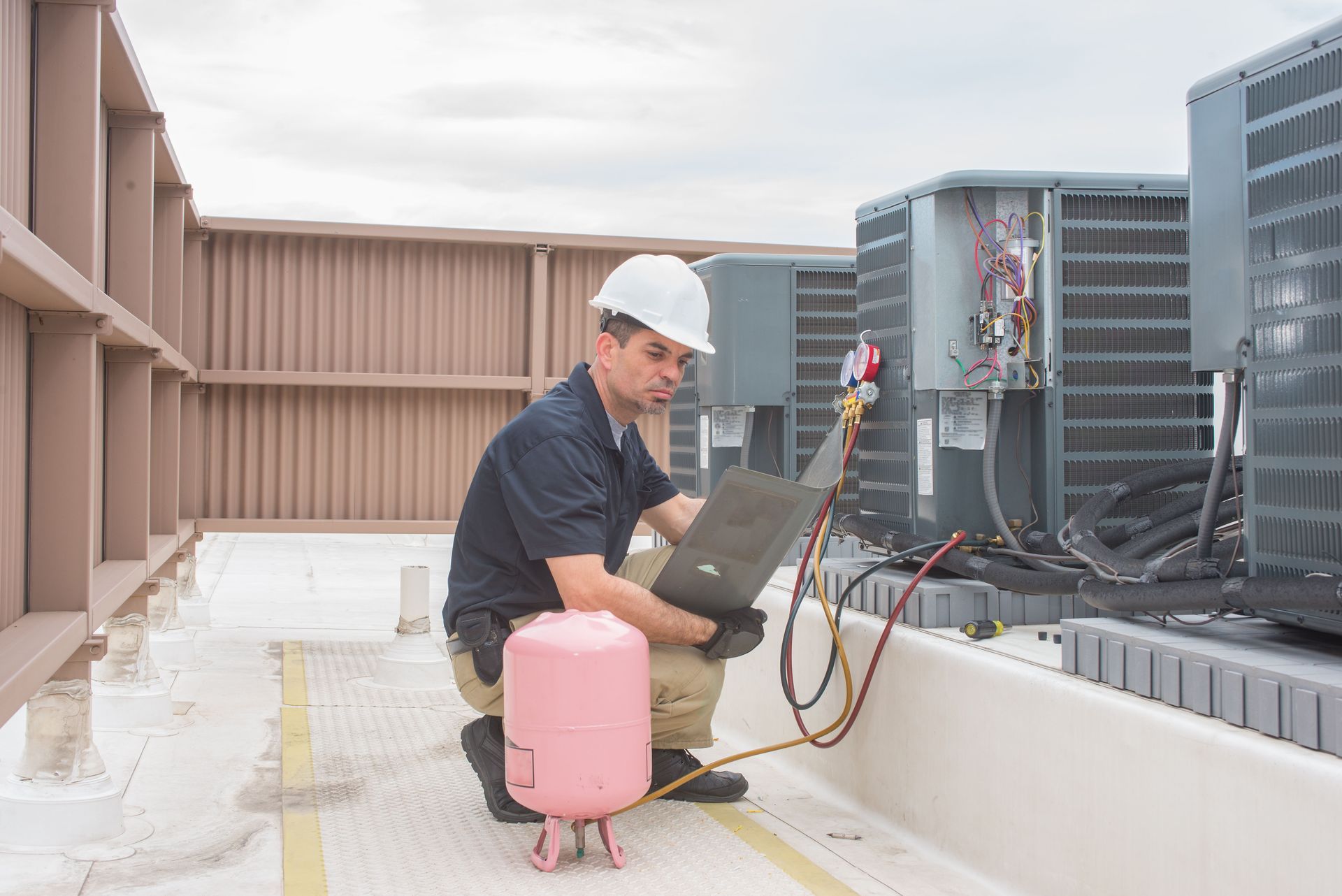
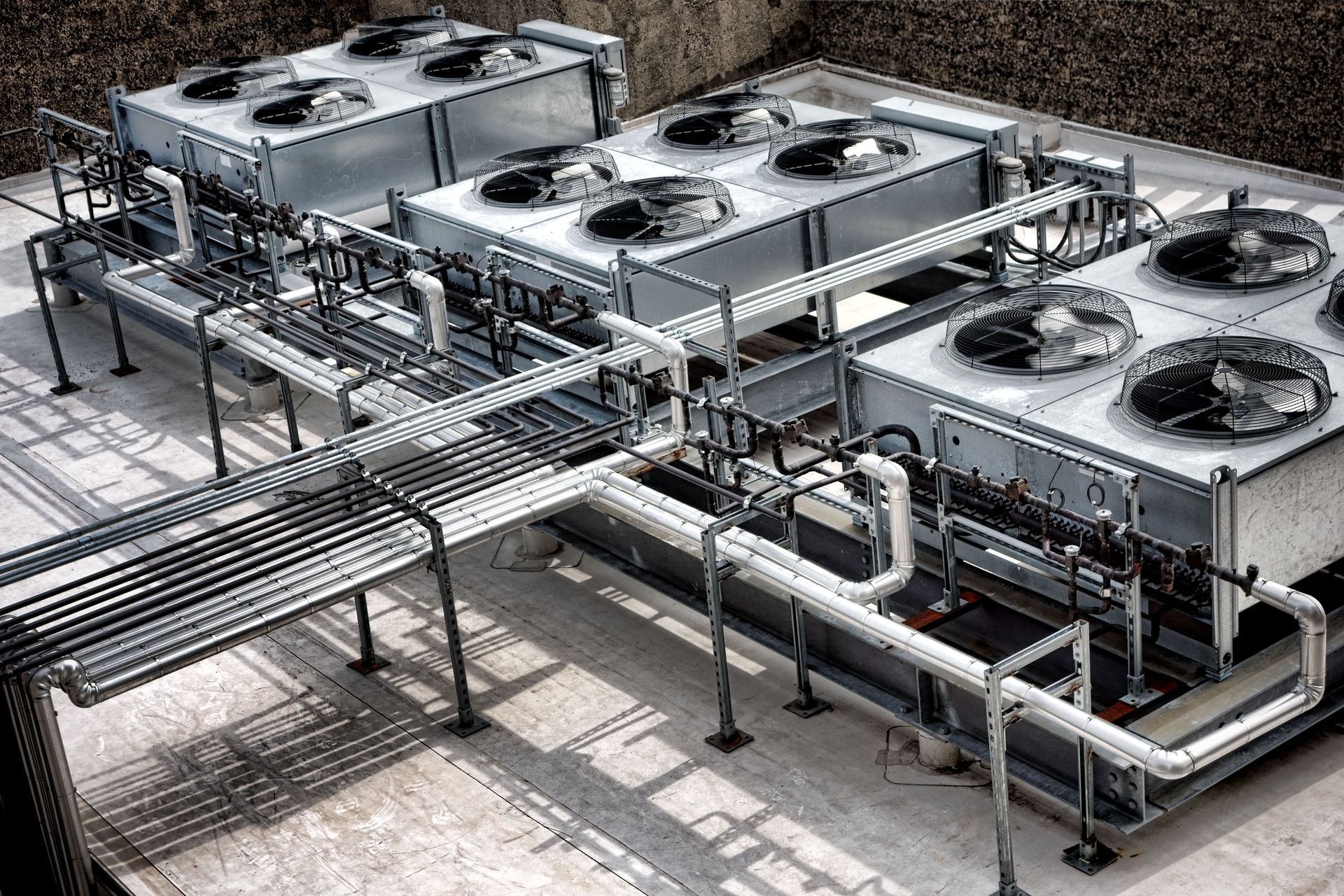
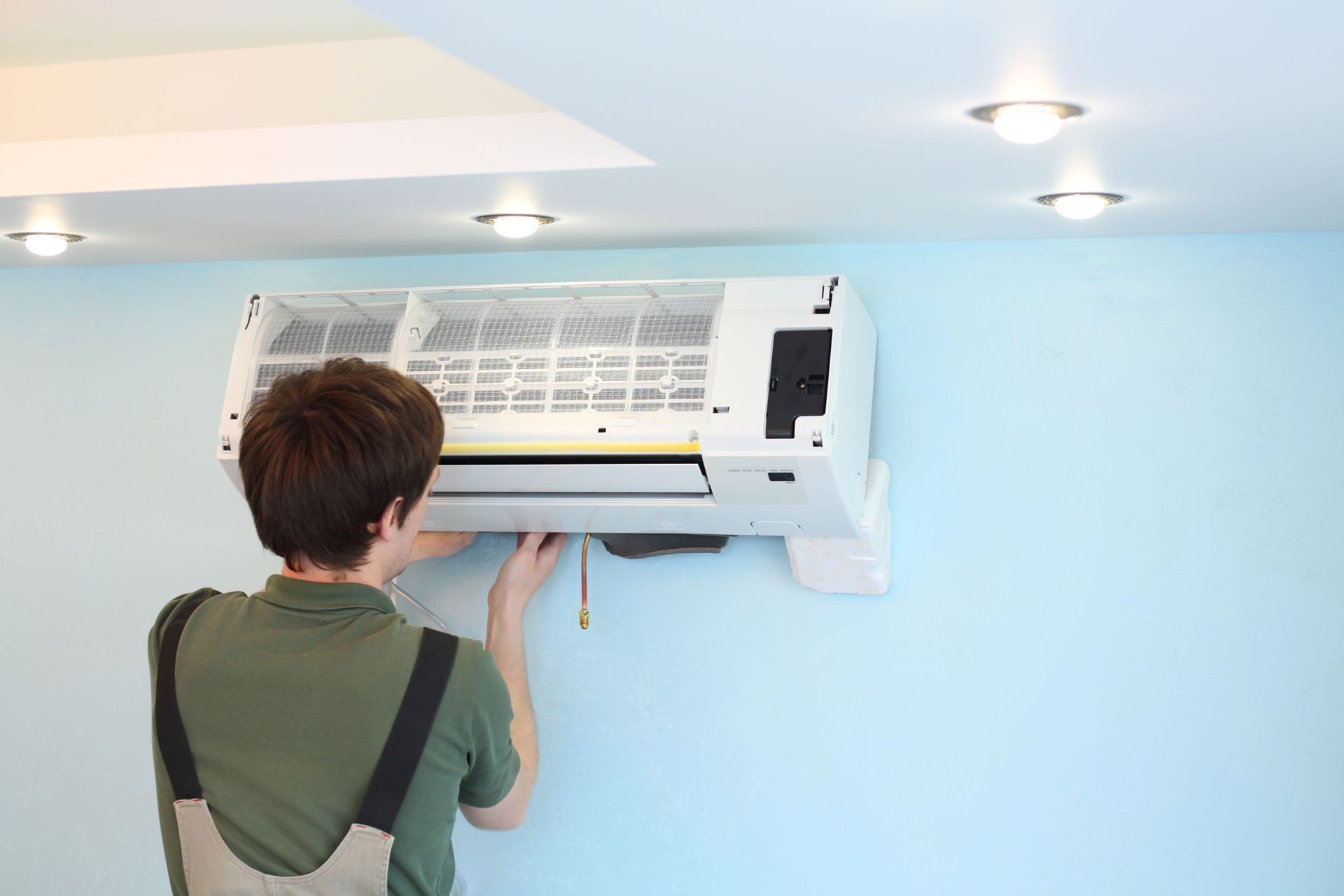
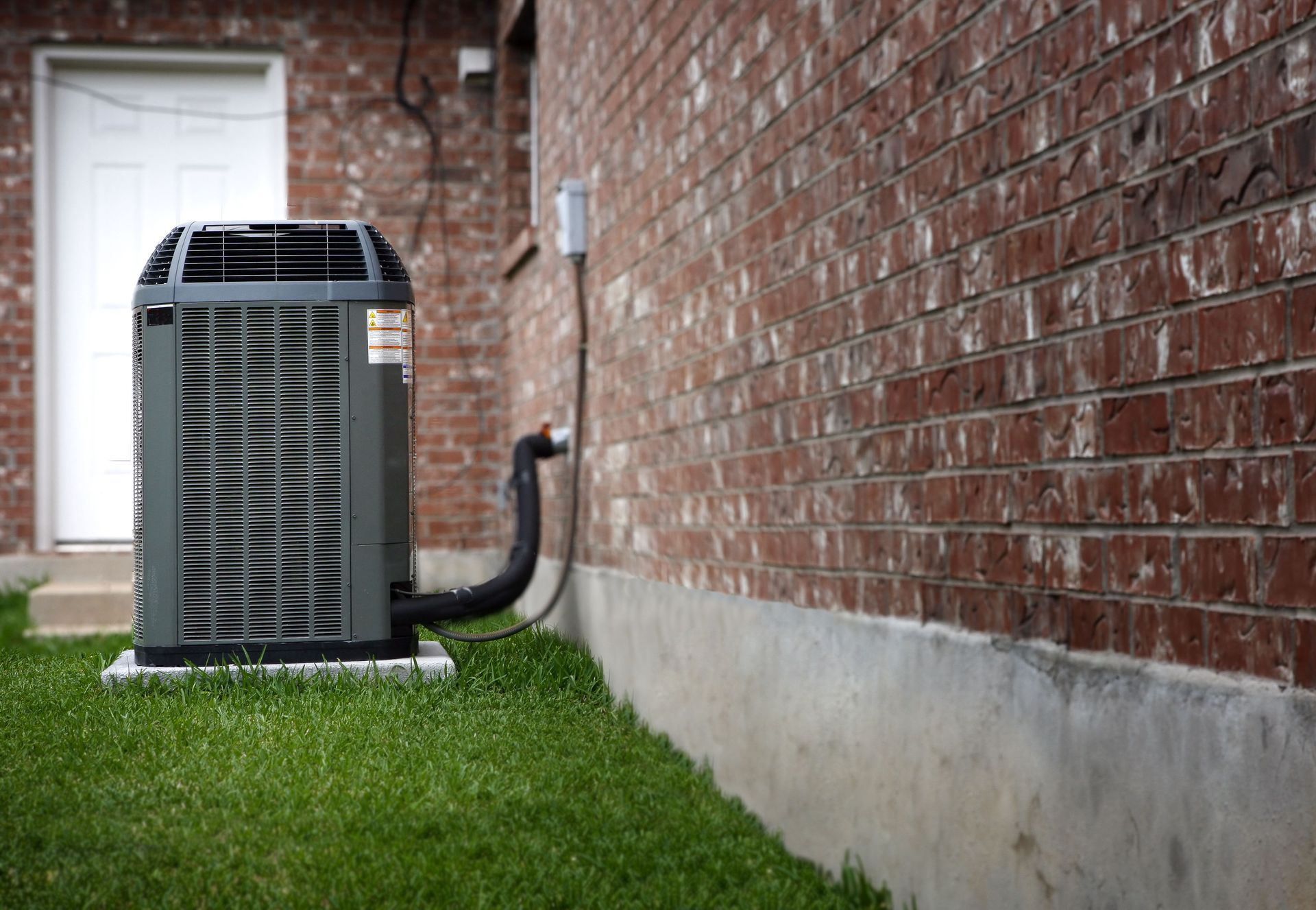
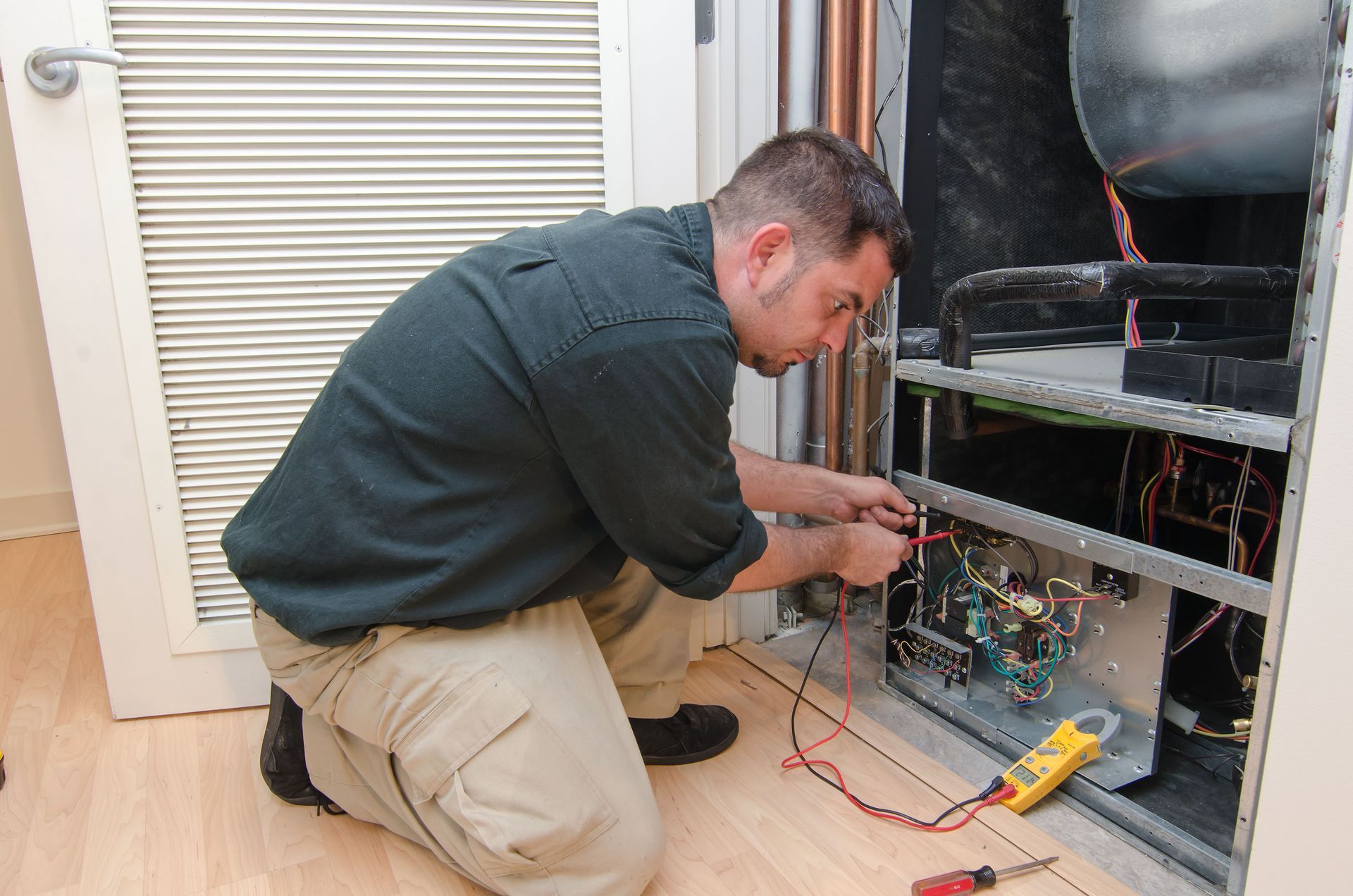
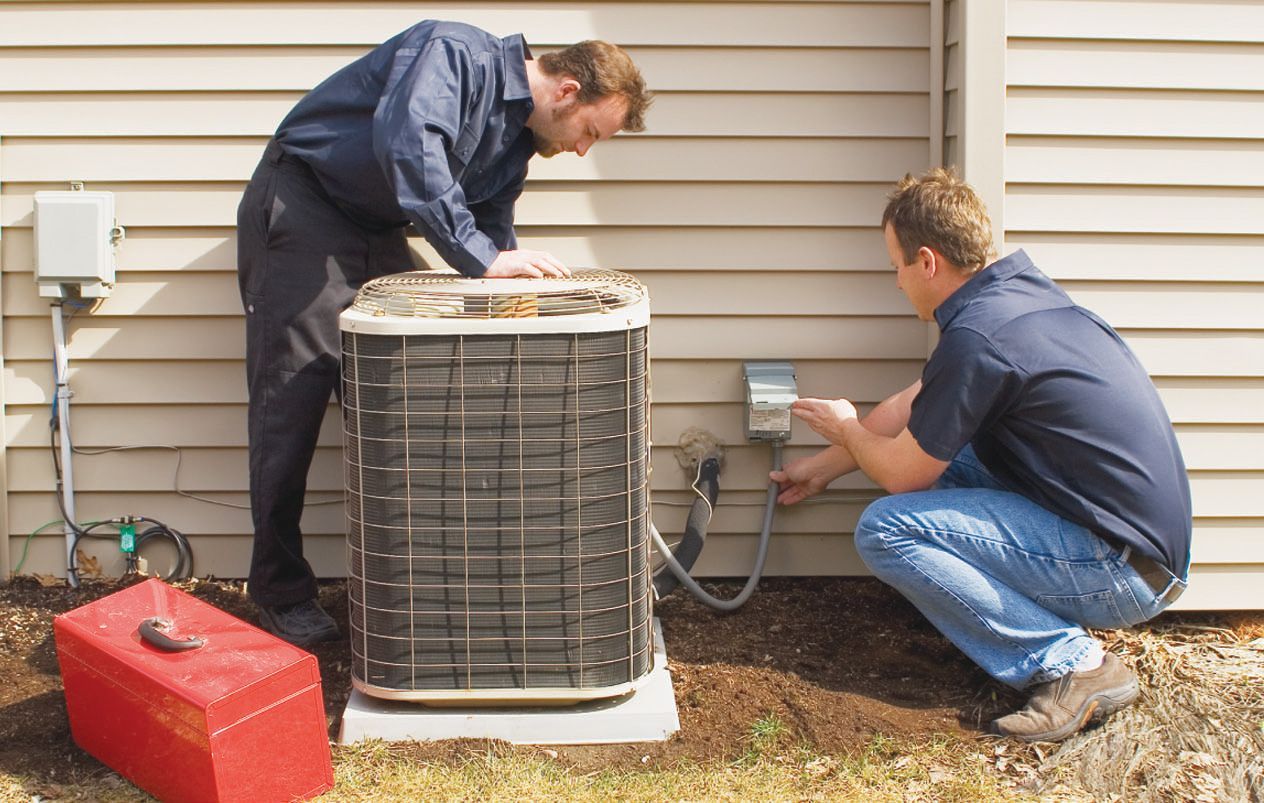
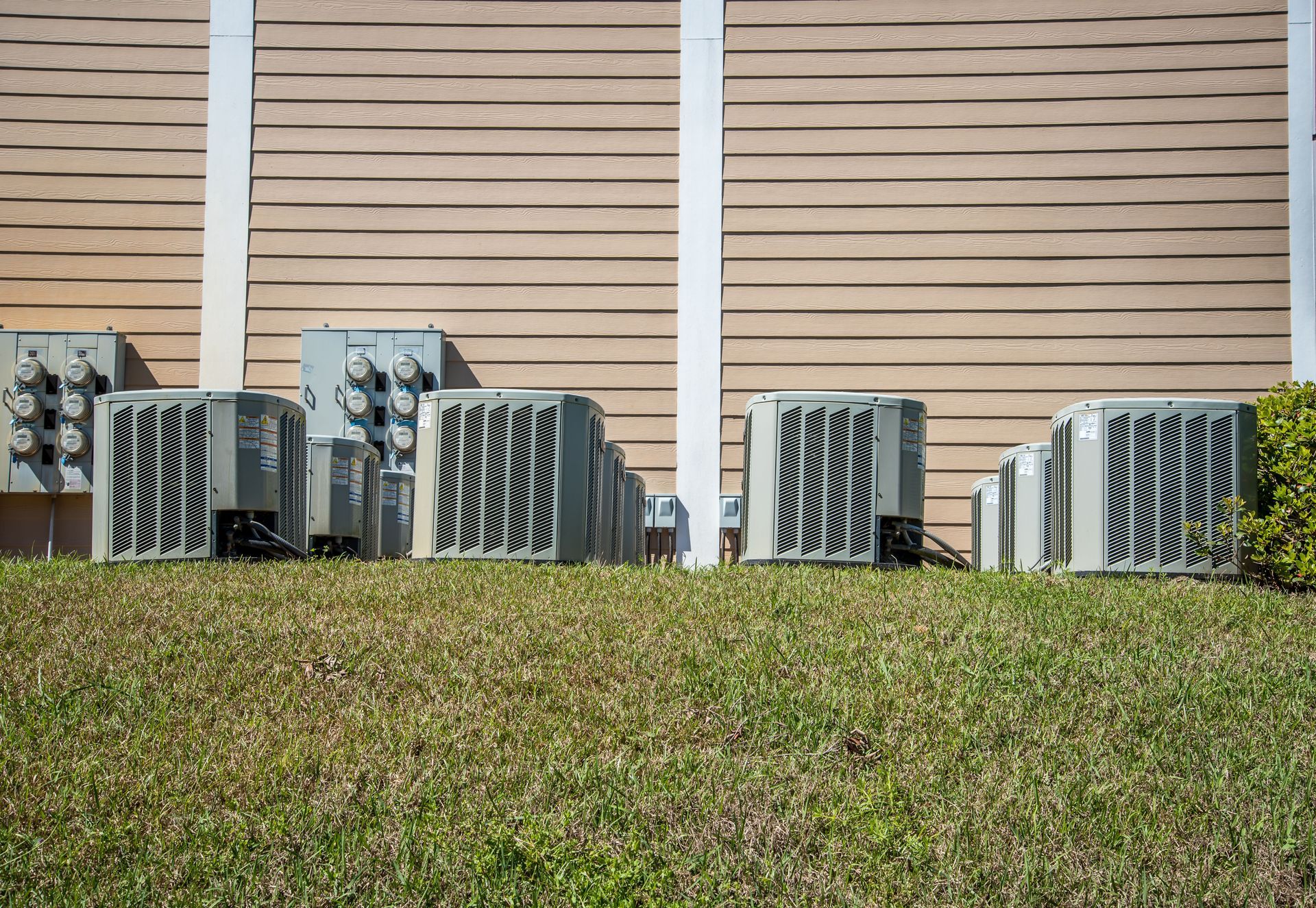
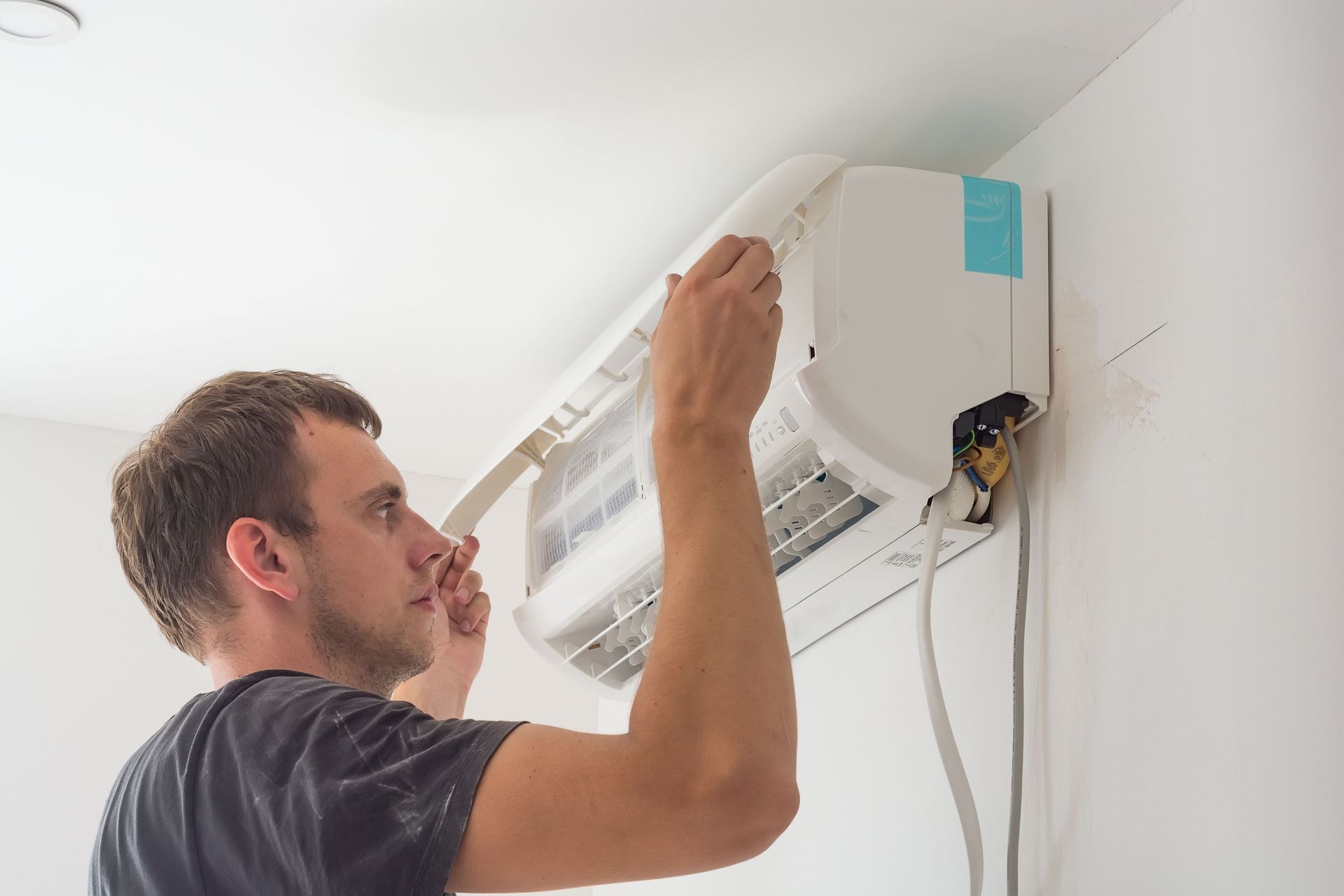
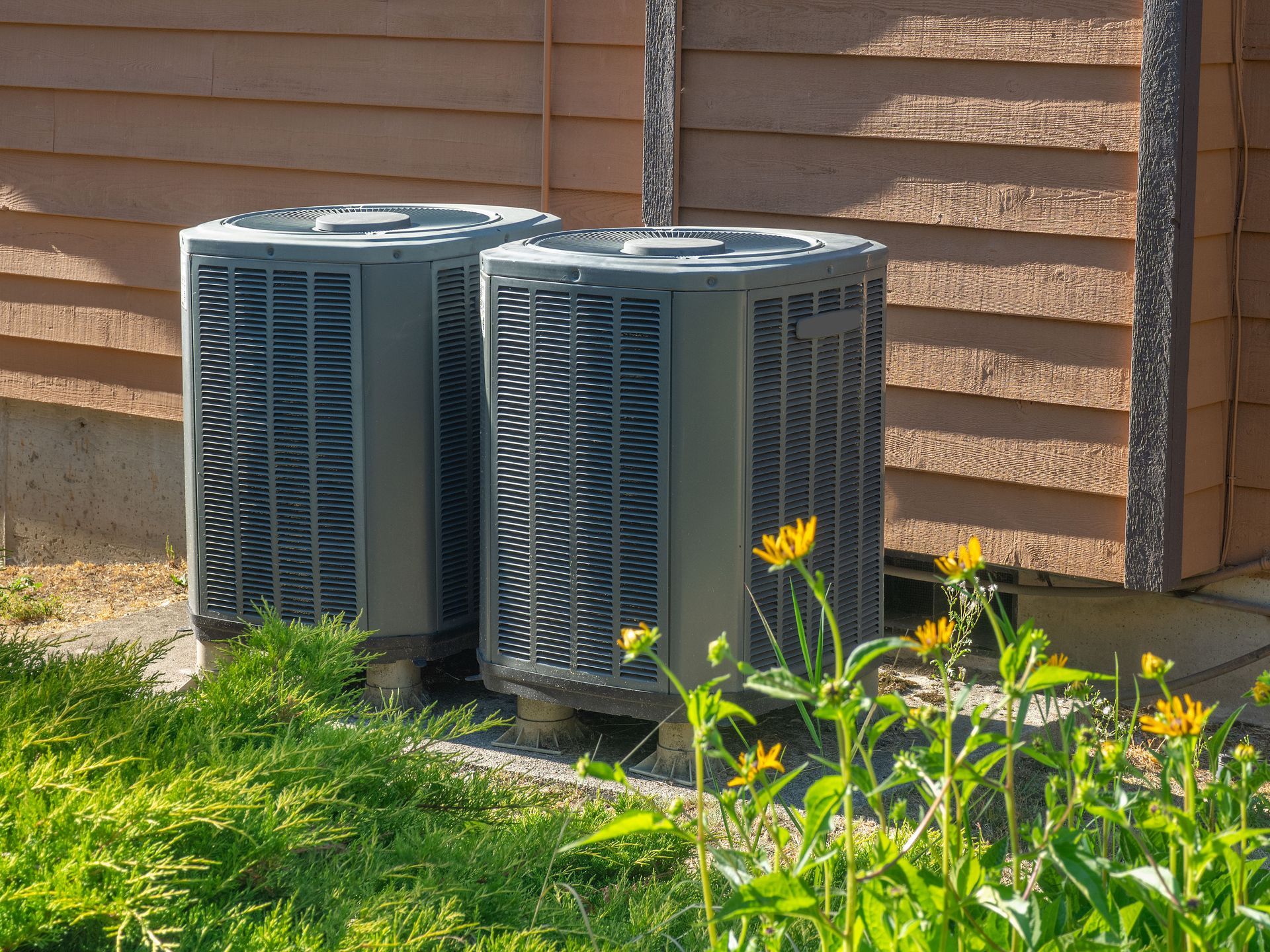
Share On: